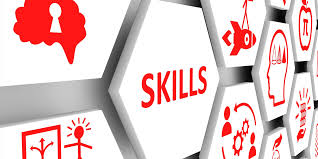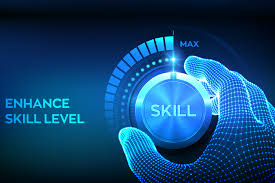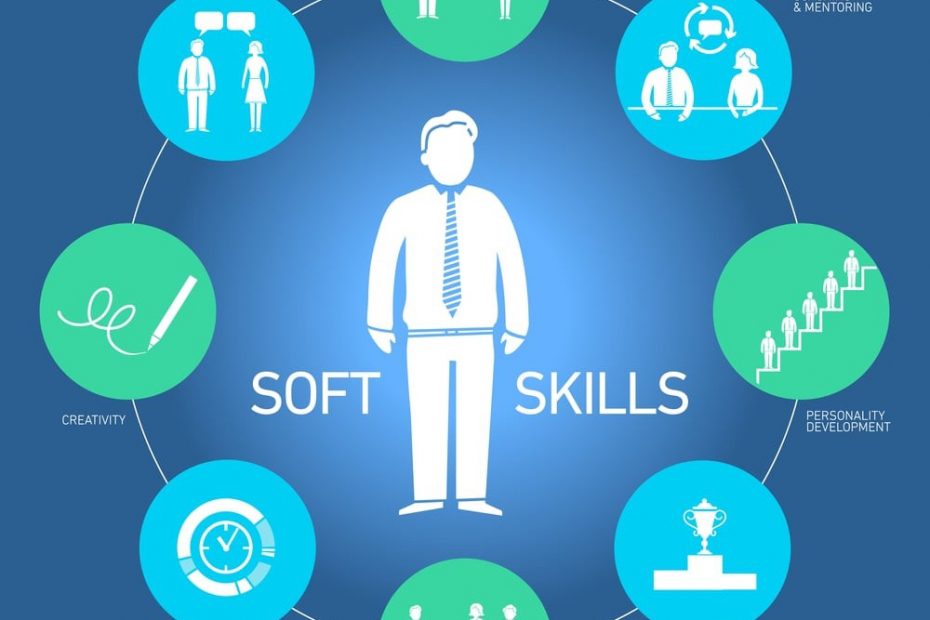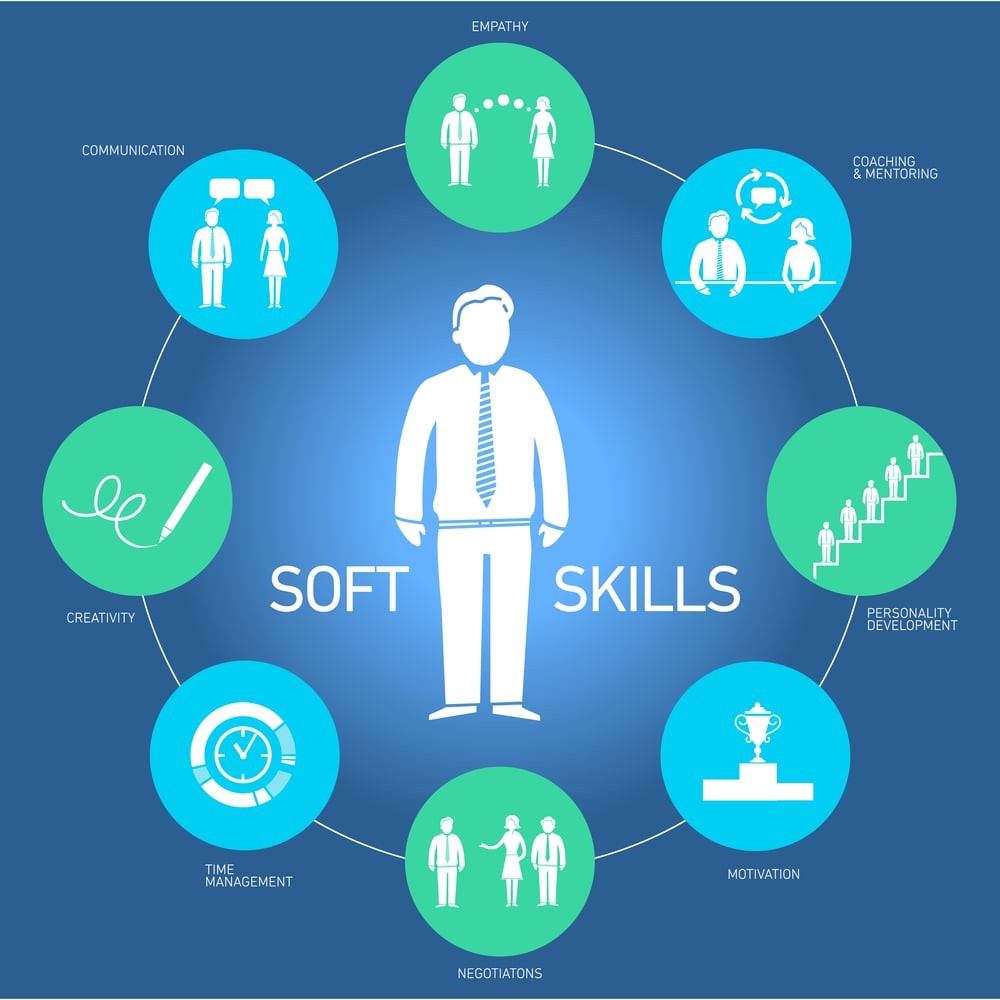Soft or hard?
The ever-changing labor market sets the bar high for job seekers. Technologies are being transformed, new and old professions are being mixed, which is why the demand for specialists with refined and universal competencies is growing. How do employers see a new employee today? What skills should he have?
“A great mind will show strength not only in the ability to think, but also in the ability to live”
In professional fields, there are two types of skills:
1. Hard skills. These include the technical competencies that a person possesses. They are more related to the developed or acquired skills of a person (for example, driving a car, knowledge of programming languages, foreign languages, and others). Basically, skills are related to the main activity and emphasize professional competence. However, hard skills require constant work and improvement, as they are prone to obsolescence.
2. Soft skills (“soft” or “flexible” skills). Unlike hard skills, they are not visually defined. These include managerial, communication skills – that is, the properties of a person that he possesses. “Soft” skills do not become obsolete so quickly, require less correction and are more universal: they help a person achieve heights regardless of professional qualities.
How to develop soft skills on your own

Flexible skills are extremely important for a successful career building, as they are now very popular and in demand in all business areas. To work on your competencies, first of all, they need to be conditionally divided into areas and each should be worked out:
1. Communication skills (negotiating, holding meetings, teamwork, etc.).
2. Personal effectiveness (planning and goal-setting, managing emotions and stress, willingness to change, the ability to self-development, etc.)
3. Management skills (mentoring, control over the implementation of tasks, delegation, etc.)
4. Leadership skills (ability to prioritize, flexibility, ability to solve complex problems and problems, etc.)
5. Additional skills that are required to work in a specific position.
Virtually any area requires communication skills, the ability to listen and negotiate. The skill of time management is no less valuable: developing an individual work and rest schedule, understanding the most fruitful hours – that is, creating a reliable concept that will help not to waste a minute and show the greatest work efficiency. A. Friedman speaks about the ability to plan a working day in his course “Corporate chronophages: find and neutralize.”
“I do not believe that someone can do today’s work with yesterday’s methods and stay in business tomorrow”
Of course, the development of soft skills occurs throughout life. A certain percentage of competencies are established at an early age. Skills such as diligence and accuracy are mainly developed in childhood. Communication skills are laid in school, universities, during family and friendly contacts. However, there are a number of unique management and leadership skills that can be mastered at any age, and now, in the era of modern technology, remotely at the Premium Management Online School.
Scarce soft skills: what are employers looking for?

According to research by the HeadHunter resource, employers are primarily looking for the following “flexible” skills for leadership positions:
Manager’s soft skills:
1) leadership ;
2) entrepreneurial spirit;
3) responsibility;
4) ability to work with people;
5) creativity.
The tricky part of this group of skills is that they are difficult to demonstrate and even harder to test. Valuable “soft” skills are inherent in a person who possesses the ability to use various models of behavior, understands and feels the line between public and personal interests, shows creativity, knows how to set priorities. It is the ability to find a way out of the situation in several options, the ability to see its half-tones and find non-standard solutions – one of the most important managerial skills in the soft skills category.
What competencies should the most demanded sales specialists have today? IT?
Soft skills of developers, project managers:
1) discipline;
2) teamwork;
3) conscientiousness;
4) diligence;
5) motivation.
The problem of modern society is that our education, in principle, has a theoretical focus. By and large, students who graduate from a good university do not have experience and practical skills in their chosen field of activity. Therefore, upon taking office, a new round of training awaits them, only now it is a direct introduction into the profession. And this is where soft skills come to the rescue – skills that a person possesses, regardless of the education received. Moreover, communication skills are especially important, since any business is a game in a team, where the effectiveness of the whole team depends on the work and motivation of one “player”.
Soft skills of a sales manager:
1) responsibility;
2) resistance to stress;
3) work ethic;
4) creativity;
5) independent work.
When looking for employees for a large company, the employer first of all wants to see a responsible, reliable person who will comply with work ethics (timely fulfill the assigned tasks and understand their value for the development of the company). “Soft skills” will help a manager to build positive relationships with colleagues and a manager, such an employee seeks to improve his work and strives for growth and self-learning.
Very important qualities for this category of employees are the ability to build sales and knowledge of techniques, that improve the interaction with any client. You can learn how to negotiate, how to correctly build a line of conversation with a client and successfully complete a deal by taking Sergey Azimov’s course “Sales. Negotiation.
“Soft” skills are a set of universal characteristics of a person, multipurpose and sustainable competencies necessary in all spheres of life and activity. They do not represent anything supernatural and complex. This means that everyone can develop professional “flexibility” and build a successful career. The main thing is to set a goal for yourself, learn new things, practice what you have learned and firmly go in the direction of your dreams.

